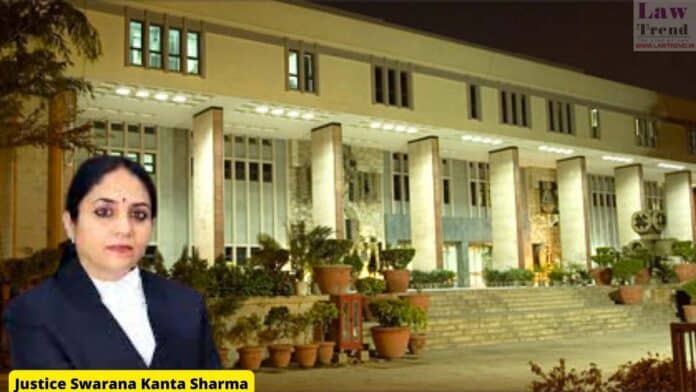The Delhi High Court has ruled that a loan advanced in cash, even if it exceeds the permissible limit under Section 269SS of the Income Tax Act, 1961, remains a legally enforceable debt for the purpose of proceedings under Section 138 of the Negotiable Instruments Act, 1881 (NI Act). Justice Swarana Kanta Sharma dismissed the
To Read More Please Subscribe to VIP Membership for Unlimited Access to All the Articles, Download Available Copies of Judgments/Order, Acess to Central/State Bare Acts, Advertisement Free Content, Access to More than 4000 Legal Drafts( Readymade Editable Formats of Suits, Petitions, Writs, Legal Notices, Divorce Petitions, 138 Notices, Bail Applications etc.) in Hindi and English.




